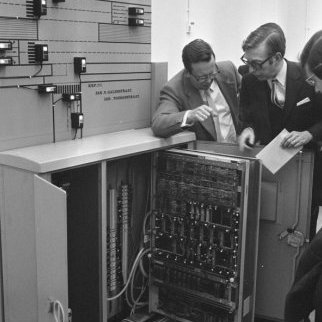
Last summer, minister of Economic Affairs changed the financial arrangements of the Dutch company register. This while a change in the Law on the Companyregister was deemed controversial by the parliament. The new arrangement was published in the Official Gazette (PDF) on September 26, 2017. It is not clear why this arrangement needed to be changed so fast and without public debate and while the proposed new changed Companyregister Law is still controversial and the arrangement is not compliant with the law on re-use of government information and the law on market and government.
Law on the re-use of government information
With the changed arrangement of the company register, the minister of Economic Affairs changes the tariffs of the Company Register held by the Dutch Chamber of Commerce. The law on re-use of government information makes an exception for those public organisations that perform a legal task for which they can calculate costs for re-use of the information. However, the calculations of these costs need to be on the basis of ‘objective, transparant and verifiable critera’. The Chamber of Commerce has not provided this yet.
Closed registers cost more
Open State Foundation has been calling for a long time to open up the company register as open data. Earlier published documents show that the execution costs of the company register by the Chamber of Commerce exceed company registers in the United Kingdom and Australia, where company registers are open as open data.
Currently, the Chamber of Commerce uses the company register as a source of funding for other activities. The fee that the Dutch Chamber of Commerce assigns to the company register is in comparison to other countries far above the marginal costs. The transaction costs of (re) users both within and outside the government will decrease as many data without contract and payment can be used. Reuse in applications, new services and services deliver economic effects and transparency increases. This also applies to macroeconomic effects through the use of open data. Company registers that open data as open data cost taxpayers, entrepreneurs and the government far less than closed records, such as the trade register managed by the Chamber of Commerce in the Netherlands.
